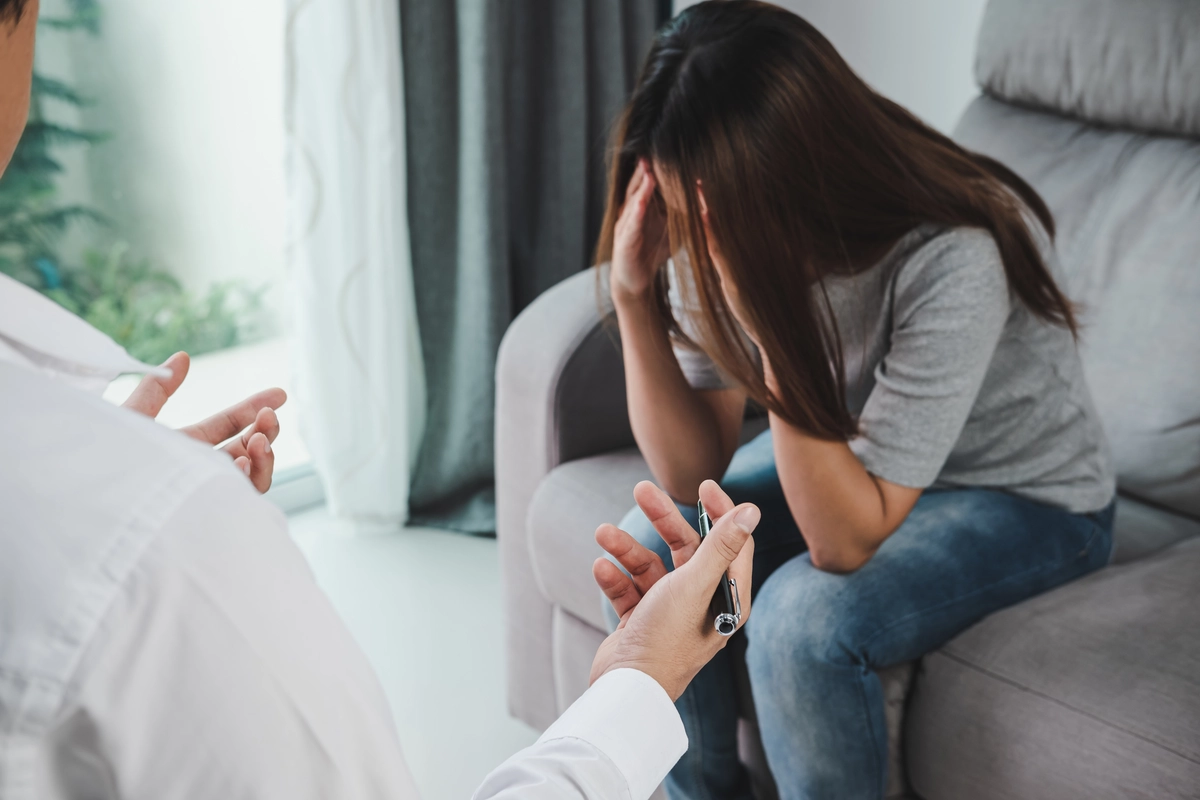24/7 Helpline:
(866) 899-221924/7 Helpline:
(866) 899-2219
Learn more about PTSD Treatment centers in Atchison County

Other Insurance Options

Horizon Healthcare Service

BHS | Behavioral Health Systems

Magellan Health

Molina Healthcare

UMR

Self-pay options

Evernorth

Humana

Regence

Covered California

Ambetter

Anthem

Multiplan

PHCS Network

Private insurance

Holman Group

EmblemHealth

Carleon
Beacon

Oxford




























